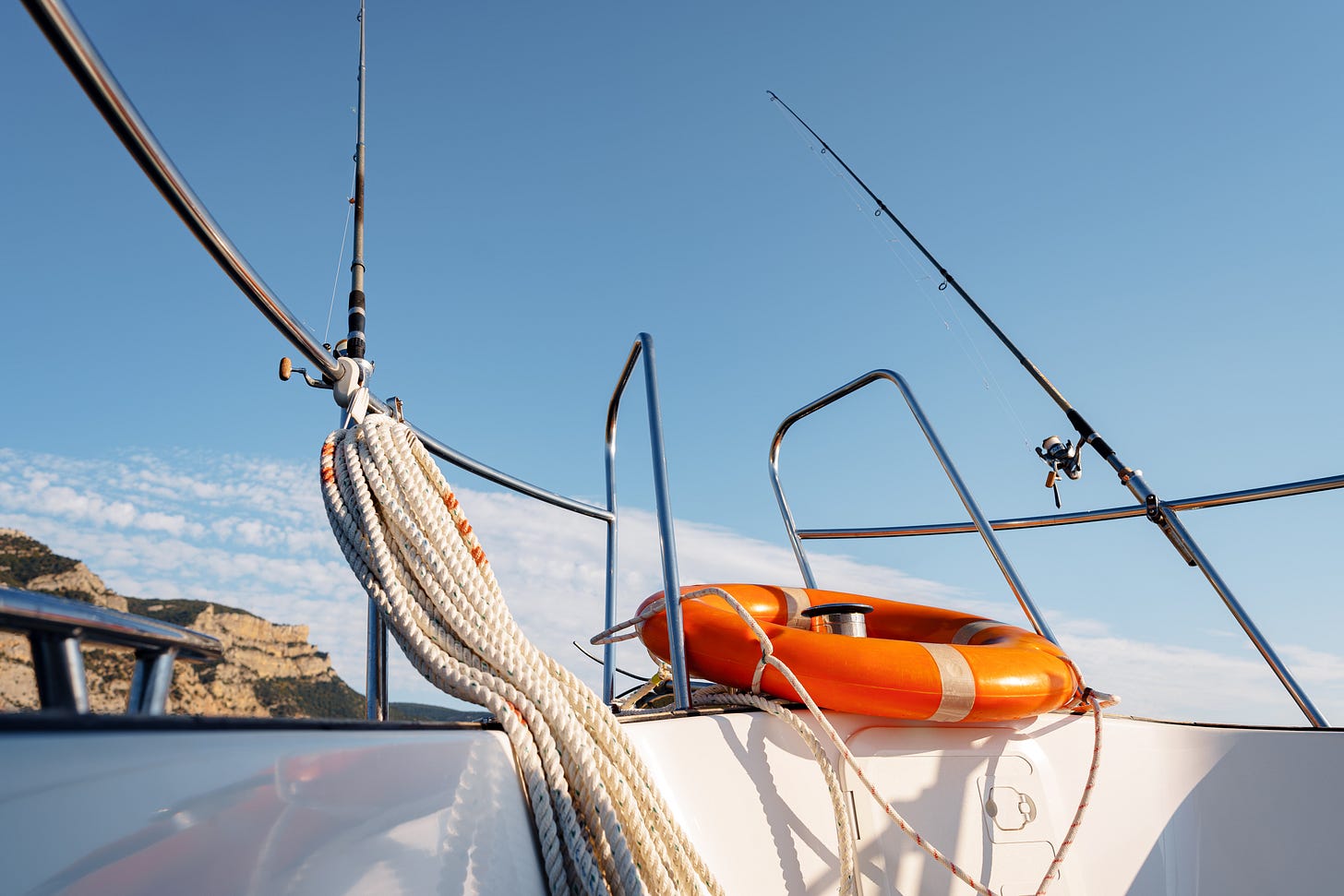In September 2018 the U.S. Coast Guard boarded a fishing vessel in the Halifax River to conduct an inspection of safety equipment and examine licenses of the crew operating the vessel. No violations were found and the charter was able to safely continue. Just a few weeks prior a 48' charter vessel was boarded in the Miami River that had 18 passengers aboard. It turns out there were more paying passengers aboard than the vessel was certified to carry. In addition the vessel also did not have a valid Certificate of Inspection (COI) nor did it have a credentialed mariner in control and operating it.
Both of these stories were released by the U.S. Coast Guard Seventh District Headquarters based in Miami, and are a stark reminder that regulatory enforcement is alive and well in the 1.7 million square miles in and around Puerto Rico, Florida, Georgia, and South Carolina.
With the accelerated rate of foreign-built vessels being delivered to American buyers, it's also critical to understand the U.S. build requirements as set forth in the Passenger Services Act (46 U.S.C. 55103). In particular, if you own a foreign-built vessel that is less than 3 years old, you are not permitted to operate the vessel as a traditional charter vessel that includes crew. You can, however, offer the vessel on a "bareboat" basis, until the vessel is 3 years old, then you can apply for a Small Vessel Waiver from the Maritime Administration.
A demise charter, oftentimes referred to as bareboat charter, requires a written agreement between the owner of a vessel and a charterer where the charterer has use of the vessel for a defined period of time and is considered the de facto owner. A bareboat charterer may take on legal obligations to the owner of the vessel, the crew, the passengers carried, and others.
Elements of a valid Bareboat Charter
The charterer must have the option of selecting and paying crew, although the owner may require general levels of proficiency for the crew
The master/crew are paid by the charterer
All food and fuel are provided by the charterer
Insurance is obtained by the charterer
The charterer is responsible for navigating the vessel
The charterer may discharge any crew member onboard
The vessel is surveyed upon its delivery and return
Any indication showing possession or control of the vessel by the owner, the owner's operator, or the owner's agent would be a contradiction that a valid and legal bareboat charter exists, and may be considered an illegal charter operation.
Common Bareboat Charter Mistakes
A chartered vessel may NOT carry more than 12 passengers without a Certificate of Inspection (COI)
A chartered vessel may NOT carry more than 12 passengers while moored. A charter vessel is considered to be carrying "passengers" whether moored or underway. This includes a boat bed and breakfast, oftentimes referred to as an "AirBnb"
The owner, or owner's agent, of the vessel may NOT be the vessel master or part of the crew. The vessel owner is NOT permitted onboard during a bareboat charter
A bareboat charter contract may not provide or dictate a crew. The charterer must be able to select a crew and have the ability to discharge the crew
The charterer is not considered a passenger, and there can only be one charterer, even though the vessel may be chartered by several individuals. In this case, one person (typically the individual signing the bareboat agreement) would be considered the charterer and the rest would be counted as passengers
Both U.S. flagged and foreign-flagged vessels may be chartered, however foreign flagged vessels cannot carry passengers for hire between U.S. ports and must be chartered by and/or operate as a recreational vessel. Foreign-built vessels owned by U.S. citizens must meet coastwise trade rules before carrying passengers for hire.
Using a vessel as a boat bed and breakfast, also known as an "AirBnb" in which the owner or operator receives consideration for people to remain overnight on the vessel is a commercial operation, is still limited to 12 passengers, and requires a written contract (bareboat agreement) if the vessel is foreign-built and does not carry a MARAD Small Vessel Waiver + Coastwise endorsement on the vessel's Federal Certificate of Documentation.



